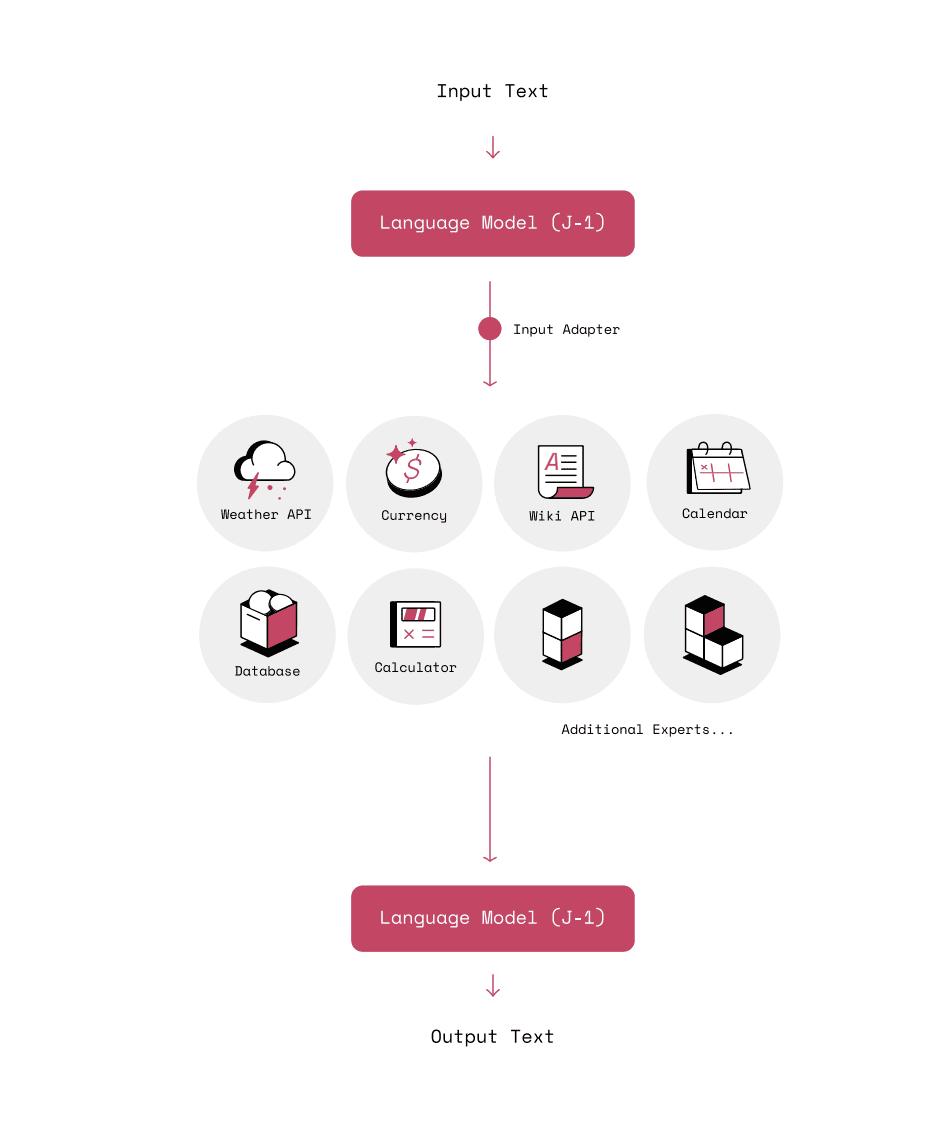
In recent years, large language models (LLMs) like GPT-4 have shown impressive capabilities in generating human-like text and engaging in natural language conversations. However, LLMs also have some serious limitations that constrain their usefulness for real-world applications. To overcome these limitations, AI researchers have proposed a new type of AI system architecture called Modular Reasoning, Knowledge and Language (MRKL).
The Limitations of Large Language Models
While LLMs can produce remarkably fluent text, they often generate factual errors, nonsensical statements, and inconsistent responses. This happens because LLMs do not actually have any real understanding of the world or ability to reason - they just recognize patterns in the massive datasets they are trained on. As a result, LLMs lack:
- Access to current, real-time information that is constantly changing, like stock prices or weather data. The pre-trained models only know what was in their training data.
- Access to proprietary data like customer records that exist in a company's databases. LLMs cannot connect to external databases.
- Ability to perform symbolic reasoning and math. They struggle with simple arithmetic and logical deductions.
- Ability to learn major new capabilities without catastrophic forgetting. Fine-tuning LLMs on new datasets leads to losing their original skills.
These problems severely limit the reliability and usefulness of LLMs for practical business applications. Companies cannot deploy unreliable AI assistants that generate false information or nonsensical outputs.
Introducing Modular AI Systems
To address the weaknesses of monolithic LLMs, AI researchers have proposed breaking AI systems into modules with different capabilities that can work together:
- Neural modules based on LLMs that handle natural language
- Symbolic modules that perform logical reasoning and math
- Access to external knowledge bases like databases and APIs
This is the idea behind Modular Reasoning, Knowledge and Language (MRKL) architectures. MRKL systems have a router module that analyzes incoming questions and routes them to the most appropriate module - either the core LLM, a symbolic module, or an external database.
Benefits of the Modular Approach
Modular AI architectures provide important benefits compared to monolithic LLMs:
- Reliability through redundancy. If the core LLM fails, questions can be routed to more reliable modules.
- Easy extensibility by adding modules without retraining the whole system.
- Explainability, since it's clear which module produced an answer.
- Up-to-date real-time data from external APIs and databases.
- Secure access to proprietary data sources.
- Improved reasoning abilities by combining neural networks and symbolic modules.
- Avoidance of catastrophic forgetting. New skills don't override old ones.
This modularity and hybrid approach allows AI systems to leverage the strengths of different techniques while minimizing their weaknesses.
Challenges of Integrating Neural and Symbolic AI
A key challenge in building modular AI systems is integrating the neural LLM components with the symbolic reasoning modules. These two types of AI rely on completely different processing techniques - neural nets versus discrete logical operations.
Researchers have found that even extracting basic math problems from text for input to a calculator module requires specialized training to reach high accuracy. For example, the query "I lost one ball" needs to be recognized as a subtraction problem: X - 1 = ?.
By using large datasets of mathematically annotated text, modular AI systems can be trained to extract appropriate reasoning tasks with over 99% accuracy. But significant research is still required to handle more complex reasoning across modules. Integrating neural networks and symbolic systems remains an active area of investigation.
The Future of Modular AI
Modular architectures represent an exciting evolution in AI that combines the strengths of different techniques. Companies like Anthropic and AI21 Labs are actively developing modular AI platforms to provide businesses with safer and more usable AI assistants. While challenges remain, the future appears bright for this hybrid approach to artificial intelligence.
Source:


